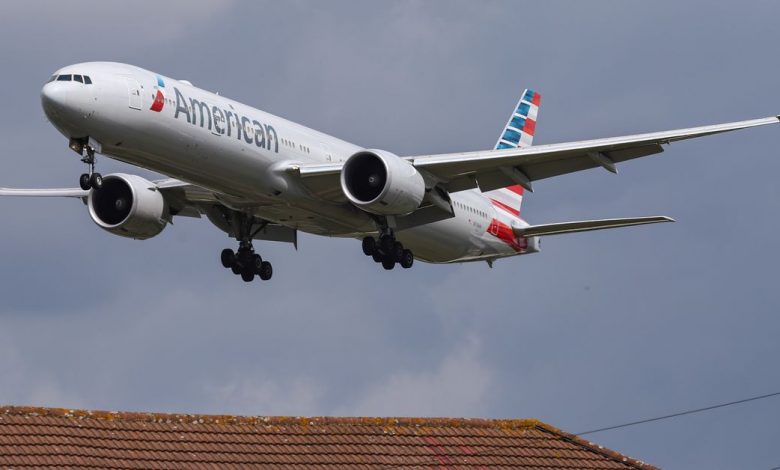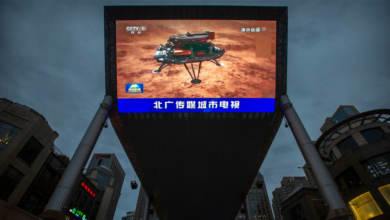FAA estimates 78 percent of US planes can now land at airports with 5G C-band

The FAA has announced that an “estimated 78 percent of the U.S. commercial fleet” have been cleared to land at airports with 5G C-band, even under low-visibility conditions. The agency’s statement comes after a week of controversy surrounding the rollout of AT&T and Verizon’s upgraded cellular tech, which saw US airlines warning of “catastrophic disruption” to travel and shipping and some international airlines announcing they’d halt flights to some US airports.
At issue are concerns that some radio altimeters won’t properly ignore signals from the new 5G transmitters. While there are precautions that should keep this from happening, including creating buffer zones around airports, an incorrect altimeter reading could cause real problems during a low-visibility landing.
Given the high stakes, the FAA has said that only planes with altimeters that it has tested and cleared will be allowed to land in sub-optimal conditions at airports where the new 5G tech has rolled out. You can read our explainer of the situation, which goes into detail about the last-minute confusion, here.
On January 16th, the agency announced that it had cleared two altimeters, which it bumped up to five on Wednesday. It said the cleared altimeters were installed in “some” versions of planes like the Boeing 737, 747, and 777. The FAA changed that language on Thursday, saying that the 13 cleared altimeters should cover “all” Boeing 717, 737, 747, 757, 767, 777, 787, MD-10/-11, and Airbus A300, A310, A319, A320, A330, A340, A350, and A380 models. It also notes that “some” Embraer 170 and 190 regional jets are covered.
The FAA is still predicting that some altimeters won’t pass the test and will be “too susceptible to 5G interference.” Planes equipped with those models won’t be allowed to land at airports with the new 5G tech in low-visibility conditions — which could prevent airlines from scheduling any flights using those planes to airports of concern, given the unpredictability of weather and the disruption such a diversion would cause.
The carriers have been frustrated with the FAA and airlines for their handling of the situation. Their rollouts have been delayed multiple times, and on Tuesday, AT&T put out a statement lambasting the FAA’s “inability to do what nearly 40 countries have done, which is to safely deploy 5G technology without disrupting aviation services.” Verizon followed with a similar statement that also mentioned other countries’ rollouts.
You can read the FAA’s full statement on its 5G page, under the “FAA Statements on 5G” heading.
Source link





